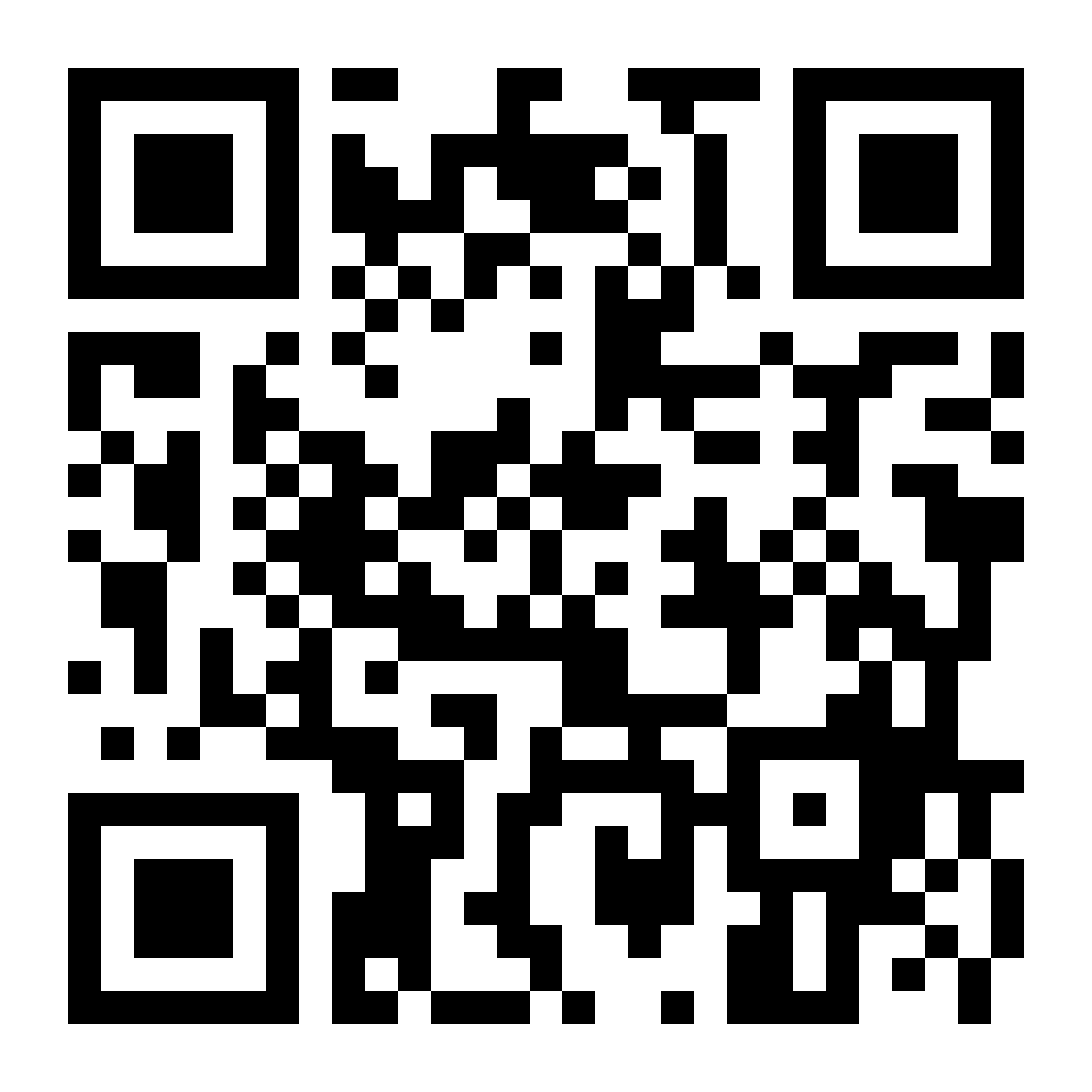Tags
Education:Self-Improvement,Self-ImprovementMedium
AI Analyze
Overview
Carol Odell shares her journey from sexual abuse survivor to therapist, revealing how childhood grooming by a predatory horse trainer impacted her life.
Takeaways
- •Sexual abuse is fundamentally about power and control, not attraction.
- •Trauma victims often rewrite their narratives to cope with unbearable pain.
- •Recovery requires reconnecting with fragmented parts of ourselves created by trauma.
Chapters
- Horses and Hidden AbuseCarol Odell details her introduction to horses at age 10 and subsequent grooming by Clarentine, the predatory stable owner. The barn environment normalized inappropriate behavior—shirtless adults, sexual jokes, and uncomfortable physical contact. Despite feeling uncomfortable, Carol loved both horses and sought approval from her abuser, highlighting the complex dynamics of grooming relationships and how limited abuse definitions at that time prevented recognition.
- Power Dynamics RevealedThe conversation shifts to identifying sexual abuse as fundamentally about power rather than sex. Both Nicole and Carol share experiences of confusion around definitions and reporting. They examine parallels between abuse environments and cult dynamics, noting how charismatic abusers build systems where victims don't question authority. The church abuse comparison highlights how systems without accountability enable continued abuse and how communities often protect perpetrators.
- Healing Fractured SelvesCarol describes how abuse fractured her sense of self and involved her in mistreating horses, creating moral injury alongside sexual trauma. Both women discuss how child victims desensitize themselves to survive witnessing violence and injustice. The conversation explores how trauma survivors rewrite narratives to cope, creating internal prisons that limit authentic living. Carol reveals how unprocessed trauma eventually threatened her marriage, demonstrating trauma's long-reaching effects.
- Trauma's Hidden PatternsCarol Odell explores how unprocessed trauma emerges in relationships as controlling behaviors and reactivity. She highlights how survivors often unconsciously replicate patterns from past trauma, labeling this as 'normal marital sadism.' Breaking these cycles requires curiosity, awareness, and responding non-habitually to reclaim agency from trauma's grip.
- Healing Through MirrorsTherapy offers critical healing paths, but relationships can equally serve as growth mirrors. Odell shares how her husband's ultimatum catalyzed change. Both partners face challenges—survivors must overcome defensive reactions to feedback, while partners must witness pain without fixing or fleeing. Support groups provide additional perspective beyond individual therapy.
- Maternal RejectionThe disbelief from Carol's mother created a secondary trauma beyond the original abuse. Her mother's untreated anxiety manifested as emotional control, making her unable to acknowledge Carol's truth. When confronted in adulthood, her mother fled the room, later denying the abuse with illogical reasoning. This generational pattern of trauma avoidance required Carol to break the cycle.
- Finding CompassionHealing involves acknowledging both parental limitations and unmet childhood needs. Odell references Oprah's journey with her mother—recognizing that what she received wasn't enough while accepting it was all her mother could give. True healing comes when survivors can speak their truth without requiring validation, finding resources within themselves rather than seeking parental approval.
- Embracing ComplexityLearning to hold contradictory emotions simultaneously marks significant healing progress. Trauma creates binary thinking as a protective mechanism, but recovery requires embracing life's complexities. Anger proves particularly challenging for female survivors due to both traumatic experiences with rage and cultural conditioning against female anger. Reclaiming healthy anger becomes essential for boundary-setting.
- Full-Circle HealingCommunity connection counters the isolation central to abuse experiences, providing crucial safety for recovery. For Odell, horses represented both trauma and healing—her abuse occurred within the equestrian show-jumping world, making reconnection with horses a powerful reclamation. This full-circle journey demonstrates how survivors can transform trauma-associated elements into instruments of healing.
- Healing with HorsesCarol Odell shares how equine therapy supported her healing journey. Horses, with their exceptional vision and sensitivity as prey animals, function as natural co-therapists. Their intuitive abilities to detect human emotions make them ideal healing companions. This explains why equine therapy programs have flourished widely, helping diverse populations benefit from animal-assisted healing approaches.
- Co-Regulation MagicThe polyvagal nerve system plays crucial role in trauma healing through co-regulation with others or animals. Carol describes her profound experience with a horse named Grace, who despite her own history of abuse, offered steady support during Carol's emotional release. Their connection highlights how interspecies bonds create safe spaces for vulnerability and confession, demonstrating animal healing's transformative power.
- The Idealized MotherNicole reads a powerful passage from Carol's memoir about the idealized mother—one who acknowledges pain, takes responsibility, offers genuine apology, validates feelings, and commits to improvement. Carol explains how articulating what we deserved but didn't receive allows survivors to honor their needs rather than remaining stuck wishing for different parents. This recognition enables crucial grieving that propels healing forward.
- Post-Traumatic GrowthCarol introduces the concept of post-traumatic growth and joy as alternatives to remaining stuck in PTSD. She emphasizes that while trauma informs our lives, it needn't limit who we become. The conversation concludes with information about Carol's memoir "Girl, Groomed" and her website resources for trauma survivors, highlighting how sharing stories builds healing community connections.

Want to know more?
Download the app to unlock more exciting content and enjoy a better listening experience.

